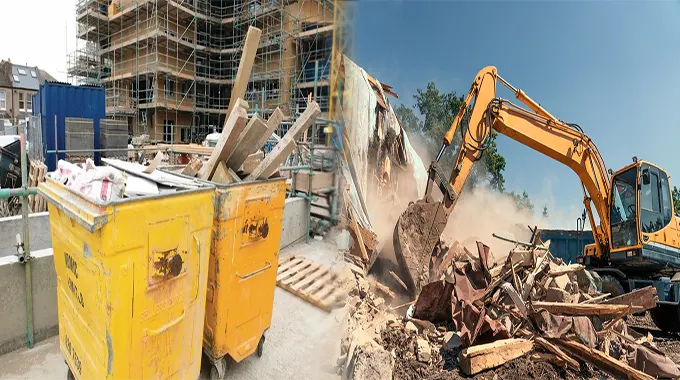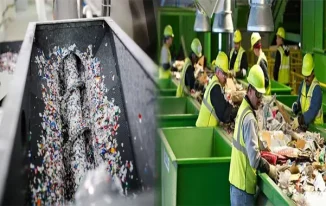As the construction industry continues to thrive, the environmental impact of construction waste has become a growing concern. Recognizing the need for sustainable practices, construction companies are increasingly turning to the implementation of best waste management strategies to minimize their ecological footprint and promote responsible resource utilization.
One of the key strategies for effective waste management at construction sites lies in the principle of waste reduction and prevention. By emphasizing careful planning and material optimization, construction companies can minimize the amount of waste generated from the onset. This can be achieved through accurate estimation of materials needed, efficient procurement practices, and the utilization of prefabricated components to reduce onsite cutting and waste generation.
Separating and sorting construction waste at the source is another critical element of effective waste management. Establishing designated areas for recycling and proper disposal of different waste streams, such as wood, metal, concrete, and hazardous materials, allows for efficient recycling and diversion from landfills. Moreover, providing clear signage and training for construction site staff on proper waste separation practices is essential to ensure the success of this strategy.
The incorporation of recycled and reclaimed materials into construction projects is a sustainable practice that aligns with waste management goals. By utilizing recycled content in construction materials, such as recycled concrete aggregate and reclaimed wood, construction companies can reduce the demand for virgin resources and divert waste from landfills. This not only promotes environmental stewardship but also contributes to the circular economy by extending the lifespan of materials.
Communication and collaboration with waste management service providers are also crucial for successful waste management on construction sites. Establishing partnerships with reputable recycling and waste disposal companies ensures that construction waste is handled responsibly and in compliance with environmental regulations. Additionally, exploring innovative technology solutions, such as waste tracking and reporting systems, can facilitate efficient management and documentation of waste materials throughout the construction process.
Aside from reducing and recycling, the concept of repurposing and reusing materials within construction projects can significantly minimize waste. Salvaging and reusing materials from deconstructed or renovated structures, as well as implementing modular designs that allow for disassembly and reuse, contribute to a more sustainable and circular approach to construction waste management. The implementation of the best waste management strategies for construction sites is indispensable in mitigating the environmental impact of construction activities. By prioritizing waste reduction, source separation, material reuse, and collaboration with waste management partners, construction companies can pave the way for more sustainable and responsible construction practices. Embracing these strategies not only aligns with environmental goals but also reflects a commitment to building a greener and more sustainable future.














